A Deaf person is someone with hearing loss who identifies as part of the Deaf community. The Deaf community comes with its own culture, history, language and values. Though Deaf people might use speech and additional non-verbal cues to aid communication, the single most unifying factor of the Deaf community is the use of Auslan (Australian Sign Language).
Generally, Deaf people are proud of their identity and celebrate and embrace deafness. It should be noted that being physically deaf does not mean automatic membership into (or identification with) the Deaf community. Since not all people who are physically deaf use Auslan and identify with the Deaf community, the d in deaf is not capitalised when referring to all deaf people or the physical condition of not hearing.
The term hard of hearing (HOH) refers to a diverse group either born with hearing difficulties or lost hearing after acquiring speech. They might use hearing devices (like hearing aids or cochlear implants) and often communicate verbally.
Unfortunately, many Deaf and HOH people experience prejudice, alienation and discrimination, negatively impacting their mental health. However, there are things you can do – you can be an ally. Be open-minded, supportive and creative when communicating with Deaf and HOH people. Some other tips include:
Get the Deaf person’s attention before speaking. Meet their eye or get their attention by touching their arm or waving. When communicating, remember facial expressions, context and lip reading aids the Deaf or HOH person understand you.
- Speak clearly and at a normal pace; do not yell or over-enunciate.
- Do not cover your mouth or look around while speaking.
- Avoid standing in front of a light source, making it difficult to see your face clearly.
- Ensure seating arrangements optimise visibility.
- Clarify with the Deaf or HOH person the most effective way of communicating with them.
- Check for understanding. If the person is finding it difficult to understand, try rephrasing what you said (instead of repeating it exactly). Some words are more challenging to understand than others; rephrasing allows for opportunities to understand what was previously missed.
- Be visual and use gestures and body language when appropriate.
- Use writing aids (pen and paper or your phone) if necessary. A smartphone app called ‘Big’ is available for this purpose.
- If there is an interpreter, speak directly to the Deaf person
Deaf and HOH people experience a range of barriers when trying to assess mental health services, including:
- Difficulties arranging an appointment.
- Problems communicating with the clinician.
- Issues with interpreters (availability, cost, skill).
- Availability and waitlist times.
- Cost of accessing services.
- Care and education provided not being accessible – not Deaf or HOH friendly.
- Difficulties finding an experienced Deaf friendly and/or Deaf aware clinician.
- The stigma around mental health issues within the community.
- Types of therapy (individual, couple and group) being inaccessible due to communication issues.
Better Self is a Deaf friendly Psychology practice. We have an Auslan Clinical Psychologist who has experience working with and treating Deaf & Hard of Hearing Psychologist clients.
If you want to know more about the Deaf and Hearing impaired accessible service we offer, don’t hesitate to contact our office directly.
You can learn more about our Psychology Services here >
Read our article – What to expect when coming to see a psychologist >




